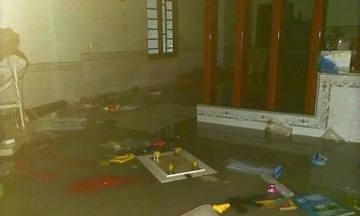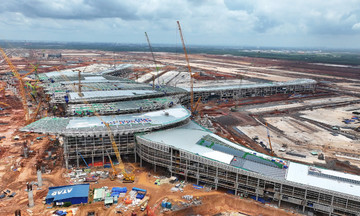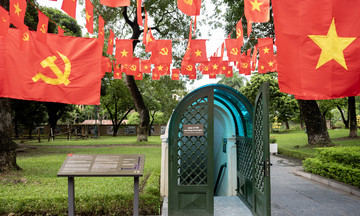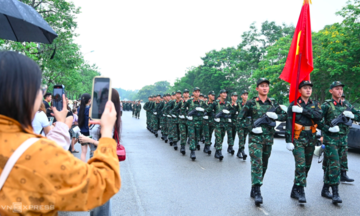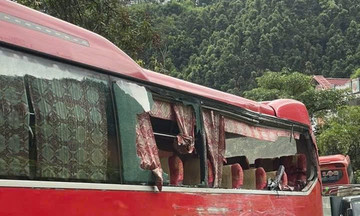Vinh Long's Department of Construction reported on 9/7 that it has submitted a plan for renovating and repairing public housing and dormitories, along with a housing support policy for 1,895 officials from the former Ben Tre and Tra Vinh provinces after the merger.
Of these, 266 are deputy directors and equivalent, eligible for public housing. However, the province can currently only arrange accommodation for 114 people.
The Department of Construction is renovating the former Pedagogical College dormitory on Nguyen Hue Street and public housing on Phan Dinh Phung Street to accommodate an additional 67 people. However, there is still a shortage of housing for 85 officials.
For the remaining 1,629 officials, the demand for accommodation is high, while the capacity is limited. Facilities like the Trade Union Guesthouse and the Vocational Training and Farmer Support Center can only accommodate 76 people. Seven other facilities are proposed for renovation, expected to accommodate an additional 329 people. This still leaves approximately 1,224 people without accommodation.
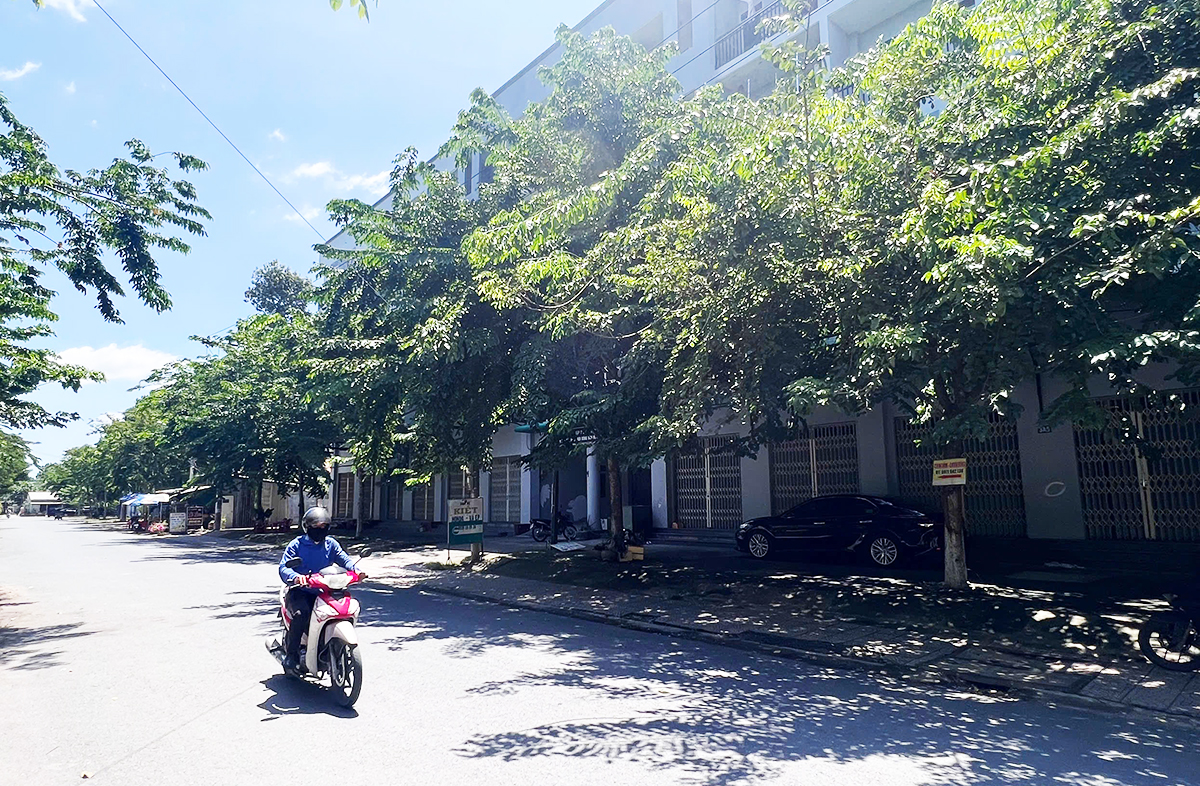 |
An apartment complex in Tan Hanh ward, Vinh Long province, is planned to be used as public housing for officials from the former Ben Tre and Tra Vinh provinces after the merger. Photo: Vinh Nam |
An apartment complex in Tan Hanh ward, Vinh Long province, is planned to be used as public housing for officials from the former Ben Tre and Tra Vinh provinces after the merger. Photo: Vinh Nam
Therefore, the Department of Construction proposes two options to support housing and travel expenses for officials after the merger. Option 1: Department-level officials are exempt from public housing rent for the first 3 years (paying only for electricity and water), and then pay 50% of the regulated price. If public housing isn't available, the budget will provide 1.5 million VND per month for 3 years and arrange dedicated transportation for work.
For other officials, if accommodated, they will be exempt from rent for 3 years, then pay 50% of the average apartment rent. If accommodation isn't available, the province will provide 1 million VND per person per month for 3 years and organize weekly round-trip transportation. Those using personal vehicles will be reimbursed according to regulations.
Option 2: The province will provide 50% of the accommodation allowance as regulated by the Ministry of Finance, equivalent to 3.3 million VND per month for 3 years for department-level officials. For other officials, the support is 30% of the accommodation allowance, equivalent to 2.2 million VND per month.
Vinh Long province is consulting with relevant departments and agencies before submitting the official support policy to the People's Committee for approval.
Meanwhile, Gia Lai Provincial Party Committee Secretary Ho Quoc Dung has also proposed that the Provincial People's Committee plan to build about 500 public housing units on Le Thanh Nghi Street to accommodate officials and workers from the former Gia Lai province who are working in the new provincial administrative center. The project is expected to be completed by 2026.
According to Mr. Dung, many officials from the former Gia Lai province who moved to the new administrative center in Quy Nhon (former Binh Dinh) have had to rent rooms, share accommodations with 4-5 people, and bring their children, leading to difficult living conditions. "Officials who can't afford social housing should be provided with suitable public housing," Mr. Dung said.
The former Binh Dinh province currently has about 600 social housing units, which will be prioritized for sale to officials and workers who have moved from the former Gia Lai province to work in the new administrative center. In addition, the province continues to accelerate the progress of social housing projects, aiming to have an additional 5,000 apartments by 2026 to serve the needs of residents.
Before the merger, the former Binh Dinh province invested 20 billion VND to renovate the Thanh Binh Guesthouse in Quy Nhon ward into public housing to serve officials from the former Gia Lai province. The former Binh Dinh province has also approved investment for 12,000 social housing units for low-income earners and workers in industrial zones.
Currently, over 2,000 officials from the former Gia Lai province are working at the new administrative center in Quy Nhon, most of whom have registered for social housing to stabilize their lives and facilitate their work.
An Binh



